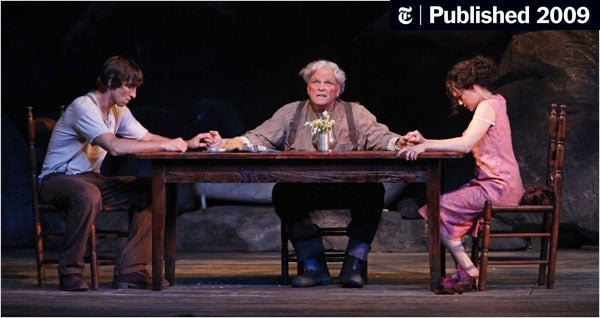The Allure of Desire in Cinema: Exploring Its Multifaceted Facets

Desire, a powerful and intricate emotion, has been a recurrent theme in the realm of cinema. Through the lens of various directors and genres, movies have delved into the complexities of human yearning, exploring its multifaceted facets and unraveling the captivating stories woven around it.
One iconic film that masterfully navigates the landscape of desire is “Vertigo” directed by Alfred Hitchcock. Released in 1958, the film revolves around the character of Scottie Ferguson, played by James Stewart, who becomes entangled in a web of obsession and longing. The desire depicted in “Vertigo” is not merely romantic; it extends into the realms of identity and psychological intricacies. Hitchcock skillfully uses cinematography and suspense to mirror the intensity of desire, leaving an indelible mark on the audience.
Moving forward in time, the film “In the Mood for Love” by Wong Kar-wai, released in 2000, takes a more subtle yet equally compelling approach to desire. Set in 1960s Hong Kong, the film revolves around the evolving relationship between two neighbors, played by Tony Leung and Maggie Cheung. The desire in this film is restrained, simmering beneath the surface, creating an exquisite tension that speaks to the unspoken longings of the characters. Wong Kar-wai’s use of lush visuals and a poignant soundtrack elevates the portrayal of desire to an art form.
Shifting gears to a different genre, the animated film “Up” (2009) directed by Pete Docter explores the theme of desire in a poignant and heartwarming manner. The character of Carl Fredricksen, voiced by Ed Asner, embarks on a journey to fulfill his late wife’s dream of visiting Paradise Falls. The desire in this film is not only personal but also interwoven with themes of love, loss, and the passage of time. “Up” showcases how desire can serve as a driving force, propelling characters into unexpected adventures and self-discovery.
Desire, however, is not confined to romantic or personal aspirations. In the sci-fi masterpiece “Blade Runner” (1982) directed by Ridley Scott, the desire for a sense of identity and purpose takes center stage. The film explores the concept of artificial intelligence yearning for humanity, challenging traditional notions of desire. The neon-lit dystopian landscape becomes a canvas where the characters grapple with existential questions, adding a layer of depth to the exploration of desire.
It is essential to acknowledge the role of desire in shaping narratives and character arcs. Whether it is the quest for love, identity, or purpose, filmmakers harness the potency of desire to create emotionally resonant and thought-provoking stories. In the end, these films become mirrors reflecting the diverse facets of the human experience, inviting audiences to contemplate their desires and the profound impact they can have on the course of one’s life.






